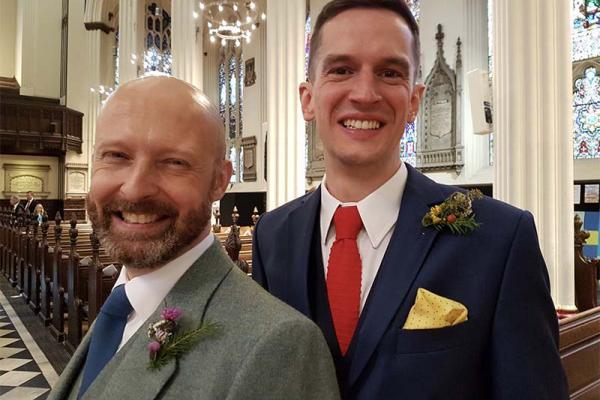Oct 2, 2017
The primates of the worldwide Anglican Communion will face another tough test next week when they gather in the U.K. to grapple with the Scottish Episcopal Church’s backing of same-sex marriage, among other issues.
The bishops will meet in Canterbury two months after the first gay Anglican wedding took place in Scotland, following the SEC’s June vote to alter its canon law, which had previously defined marriage as between a man and a woman.
Read the Full Article

Already a subscriber? Login
